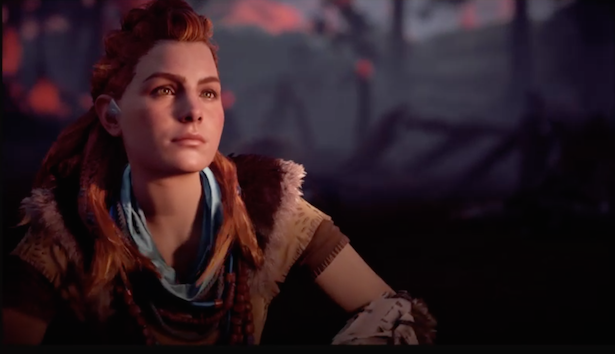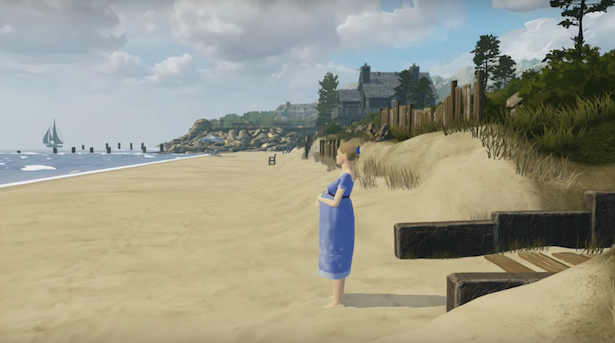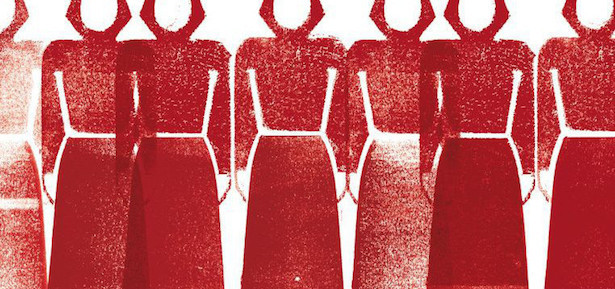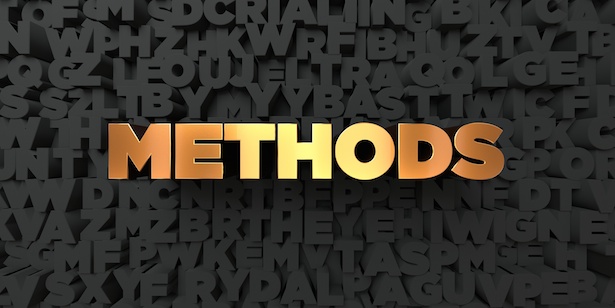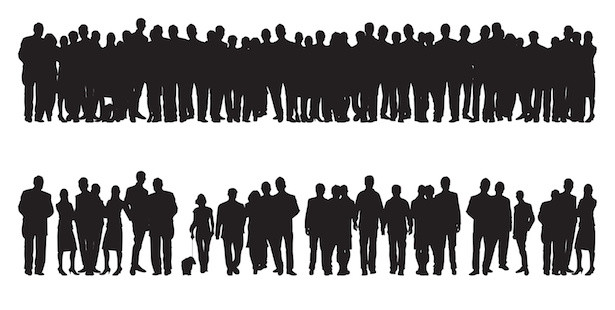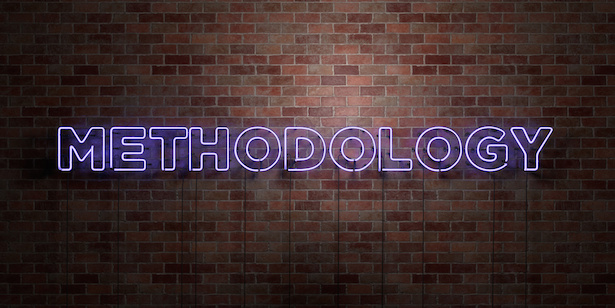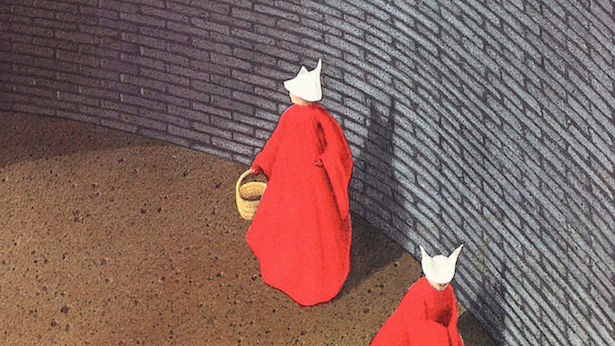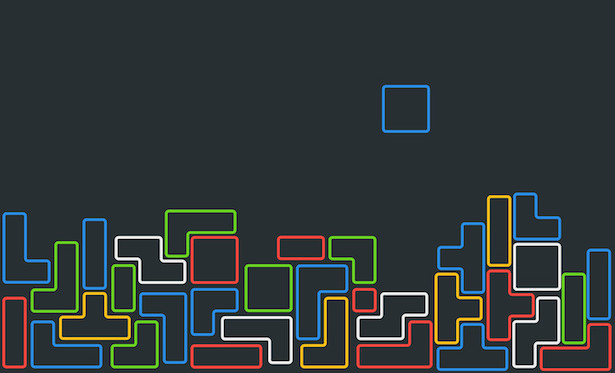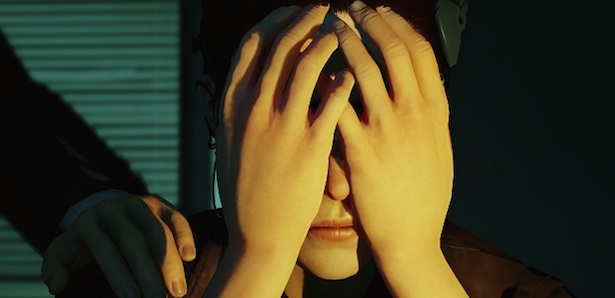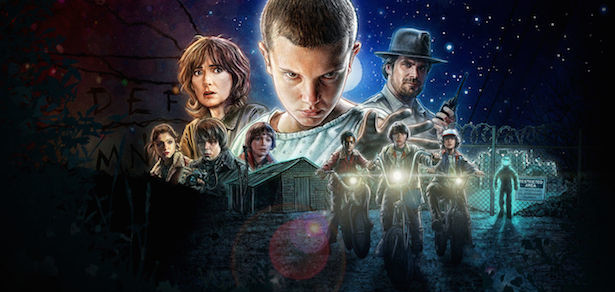In my last post, I wrote a bit about the implications that motherhood and maternal thinking have for the rendering of the protagonist Aloy in Horizon Zero Dawn. Since then, I’ve been thinking more about the construction of female protagonists, especially since I’ve started reading Marjorie Liu and Sana Takeda’s […]
Bianca Batti
We had our most recent Gaming for Good marathon last weekend, during which I played a few hours of Horizon Zero Dawn. And also last weekend, the series Orphan Black had its final episode. Both Orphan Black and Horizon Zero Dawn deal with cloning, motherhood, and technology, so I’ve been thinking […]
I’ve been trying to get caught up on some reading this summer, and one of the series that I’ve been digging into the past couple months is that of The Expanse. It’s a science fiction series by James S. A. Corey, which is actually the pen name under which two […]
The fifth and final season of Orphan Black began a couple weeks ago. It’s a show about human clones—about how being a clone might impact both one’s personal identity and one’s relationship to others (that is, one’s potential roles as sister, daughter, mother, partner). But more than that, the show […]
A few months ago, I wrote a couple posts connecting feminist science fiction and feminist SF criticism to the field of feminist game studies as a way of thinking through the ways feminist game studies might draw from the practices enacted in the field of feminist science fiction in order […]
Several weeks ago, I examined Nina Lykke’s Feminist Studies: A Guide to Intersectional Theory, Methodology and Writing in order to consider the ways intersectional methodologies might be used within the field of feminist game studies. I talked about the idea that intersectional methodologies allow for a multiplicity of feminist methods […]
In her post this week, Alisha discussed both the challenges of and need for feminist writing that examines, as she puts it, our “world of games.” Her discussion of these things brought to mind, for me, a book I’ve been reading this week—namely, Writing Academic Texts Differently: Intersectional Feminist Methodologies […]
The word phenomena is one I’ve been coming across a lot the past few weeks. In “Virtual Bodies in Virtual Worlds: A Phenomenology of Play in Video Games,” Benjamin Gattet, for one, applies Maurice Merleau-Ponty’s discussion of phenomena to “the experience of playing a video game” through the use of […]
I find myself lately (and almost always, really) continuing to think about the future of feminist game studies, continuing to consider its implications and situatedness in academia, continuing to interrogate its orientations, goals, uses, and perspectives. And one thing I have especially been thinking about—something I find myself consistently returning […]
A few weeks ago, I wrote about the significance of feminist science fiction for feminist games studies, the ways our scholarship is impacted by the forms we write about and research. And I’ve been continuing to think about the idea of criticism in both these fields—feminist criticism of science fiction […]
I’ve been reading Patricia Melzer’s Alien Constructions: Science Fiction and Feminist Thought, and as a result I’ve been revisiting the ways feminist science fiction and video games converse and intersect. In the past, I’ve interrogated this conversation by specifically examining the different ways motherhood is represented in feminist science fiction […]
I’ve written about games and stories and the connection between game studies and literary studies in the past, but after continuing to watch Westworld, I find myself coming back to this network of relationships, this interplay between game and story. Because something that Westworld has brought to mind for me […]
When I was little, I wanted to be a cowboy when I grew up. Okay, there was a short period in preschool during which I wanted to be a ballerina, but I soon realized that tights are itchy and, also, that I can’t dance. Being a cowboy seemed a much […]
I ended my blog post last week with some lingering questions I still have about the representation of single motherhood as a destructive and dysfunctional force in The Park, which doesn’t feel like a particularly satisfying way to wrap up my examination of the game. So I want to spend […]
Last week, I interrogated manifestations of single moms and mental health in Stranger Things and The Park, but I wanted to take some more time to think about how such representations occur across the horror genre. In other words, I find myself continuing to ask—what kinds of patterns do we […]
Last month, I wrote about the ways feminist science fiction reimagines motherhood and the ways this reimagining of maternal power highlights the limitations in video games’ (often fraught) depictions of motherhood. Lately, after watching Stranger Things, I’ve been thinking particularly about articulations of single motherhood, how it is single mothers […]


